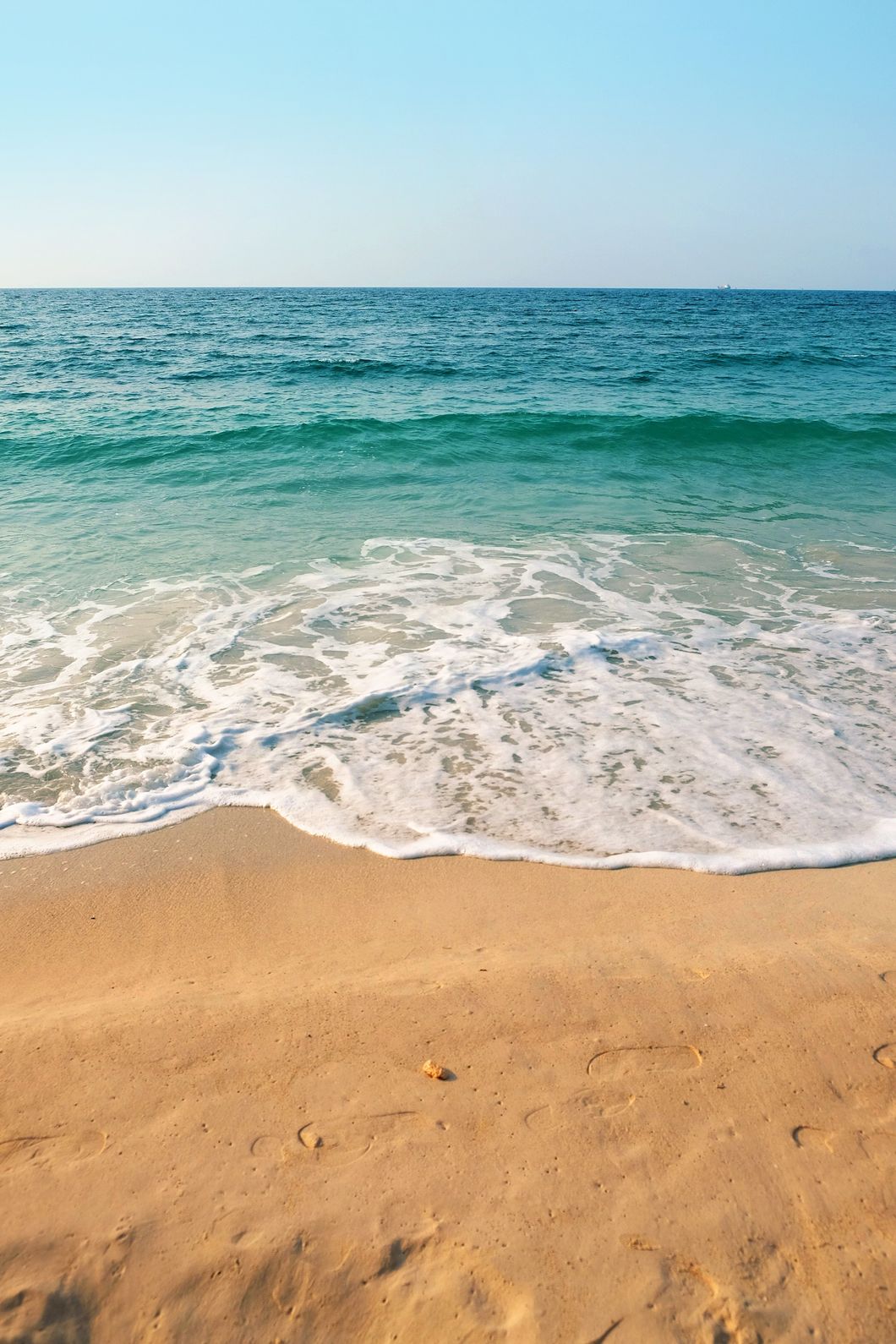Red tide is a harmful algal bloom (HAB) of the brevetoxin Karenia brevis. This algal bloom usually happens every year around the end of July and into the month of August on the west coast of Florida, when the temperatures are hottest and rains happen often. Usually, the organism, a dinoflagellate, is present all the time in the water, but not in a concentration large enough to harm wildlife or affect humans.
The blooms always seem to occur at this time every year because of the amount of rain that we get in these summer months. The rain will carry agricultural runoff and other pollutants to the canals and rivers, which deposit their nutrient-dense water into the ocean. The microorganism feeds off of the extra nutrients and reproduces fervently, creating a bloom. This organism contains a toxin called a brevetoxin, which means that when ingested or inhaled by humans, it most often causes respiratory distress; for example, coughing and wheezing.
When humans eat contaminated shellfish, they can become sick with neurotoxic shellfish poisoning. Animals are typically much more affected by the K. brevis than humans.
Since the HAB began, dead fish, sea turtles, manatees, and other sea life have been washing on to beaches. There is no way they can escape it, and once they are poisoned, their gills stop functioning. Marine mammals, sea turtles, and birds typically die from NSP due to eating contaminated fish. The dead fish wash up on shore and their rotting bodies create the inescapable smell that drives both tourists and locals away from the beaches.
At this point, being anywhere near the shore is completely unbearable. Either you're coughing because of the toxin, or coughing from the smell of dead fish, or disgusted by the sight of dead animals littering the beach. During this point of the summer, it's basically impossible to have fun on the beach, and for some reason, this year seems to be the worst yet. Maybe it's because the temperatures are hotter, maybe it's because there's more runoff, or maybe it's both. Honestly, even the scientists aren't sure. The causes of a HAB are kind of uncertain, as are the solutions. That's why it's so hard to prevent it in the first place.
There's no denying though, this year has been one of the worst. Thankfully for us, it'll probably be over soon, and we can resume our beach-going lives.

















